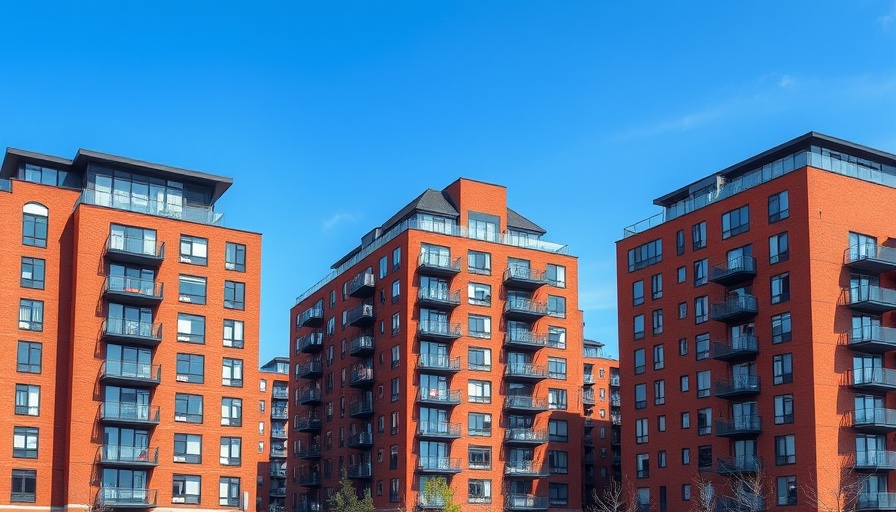
Understanding the Costs of Selling a House
Selling a home is often seen as a golden opportunity to cash in on years of equity, but many sellers may not realize the substantial costs that can eat away at their profits. On average, homeowners should expect to spend between 10% to 15% of their home's sale price on various costs incurred during the transaction.
The Breakdown: Typical Seller Expenses
When selling your home, budget for several key expenses that most sellers will encounter:
- Agent Commissions: This major expense typically ranges from 3% to 6% of the sale price and covers both the listing agent and the buyer's agent fees. Sellers can negotiate these commission rates, but it’s wise to factor this into your overall cost assessment.
- Closing Costs: Expect to pay an additional 1% to 3% for closing costs, which cover things like title fees, transfer taxes, and legal fees. Knowing this component can help you to prepare adequately for what lies ahead on closing day.
- Repairs and Staging: Many sellers also spend money on repairs to make their home more appealing. Staging costs vary but can significantly impact sale price, especially in competitive markets.
Anticipating Additional Costs
In addition to the fundamental expenses, here are a few more items that sellers should consider:
- Mortgage Payoff: If you have an outstanding mortgage, the loan balance must be settled, which can take a good chunk of your sales proceeds.
- Capital Gains Tax: Depending on how much your home has increased in value, you may owe capital gains tax on your profit. Knowledge of your home’s appreciation will help you prepare.
- Moving Expenses: While often overlooked, the costs of moving, whether renting a truck or hiring movers, should also be factored in.
Location Matters
The costs associated with selling a house can vary greatly depending on location. For example, homes in urban areas like San Francisco or New York often come with higher agent commissions and closing fees due to the competitive real estate market. Conversely, in less saturated areas, you might find more flexibility in negotiation and potentially lower costs.
Preparing for a Successful Sale
To navigate the selling process effectively, homeowners should take several proactive steps:
- Invest in Upgrades: Simple improvements can significantly increase your home’s market value, making it worth the expense upfront.
- Get a Pre-Sale Inspection: Having a home inspection before listing can bring potential issues to light early, allowing for repairs at your discretion rather than under pressure.
- Consider Hiring Experts: A knowledgeable real estate agent can not only guide you through the selling process but also help you understand local market trends that can affect your selling price.
Final Thoughts
Understanding the various costs to sell a house can reduce surprises on closing day and maximize your profit potential. While it might seem like a daunting task, proper planning can ensure a successful and profitable transaction.
Whether you're considering selling a luxury home, a condo, or even investment properties, the right knowledge will empower you to make informed decisions and navigate the real estate landscape confidently.
 Add Row
Add Row  Add
Add 



Write A Comment